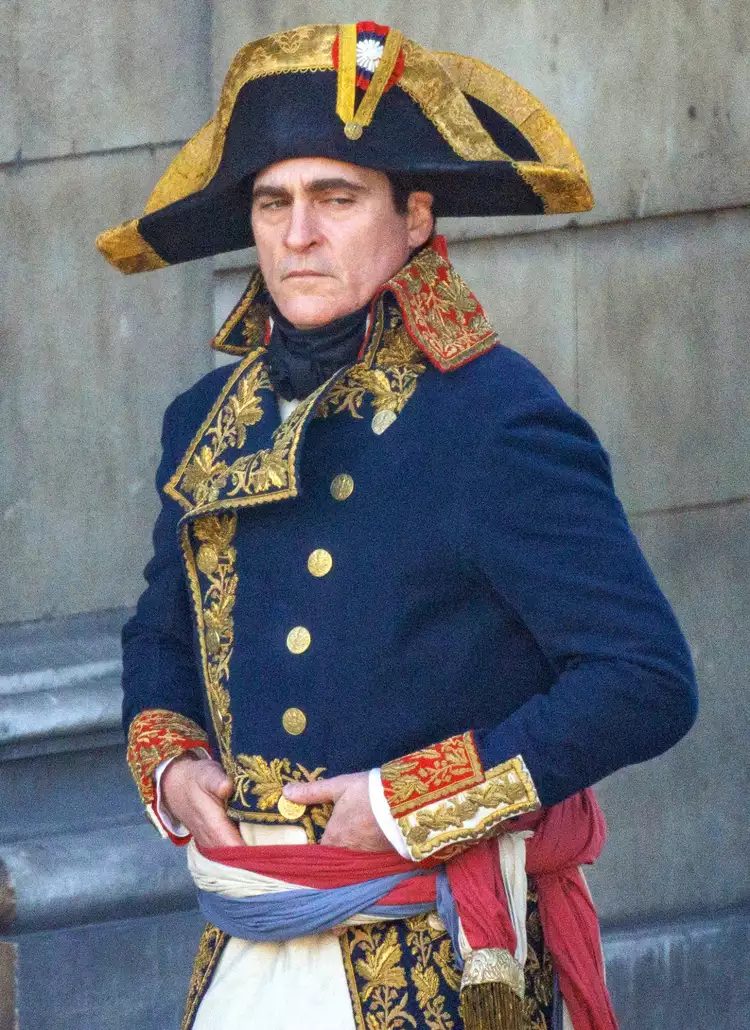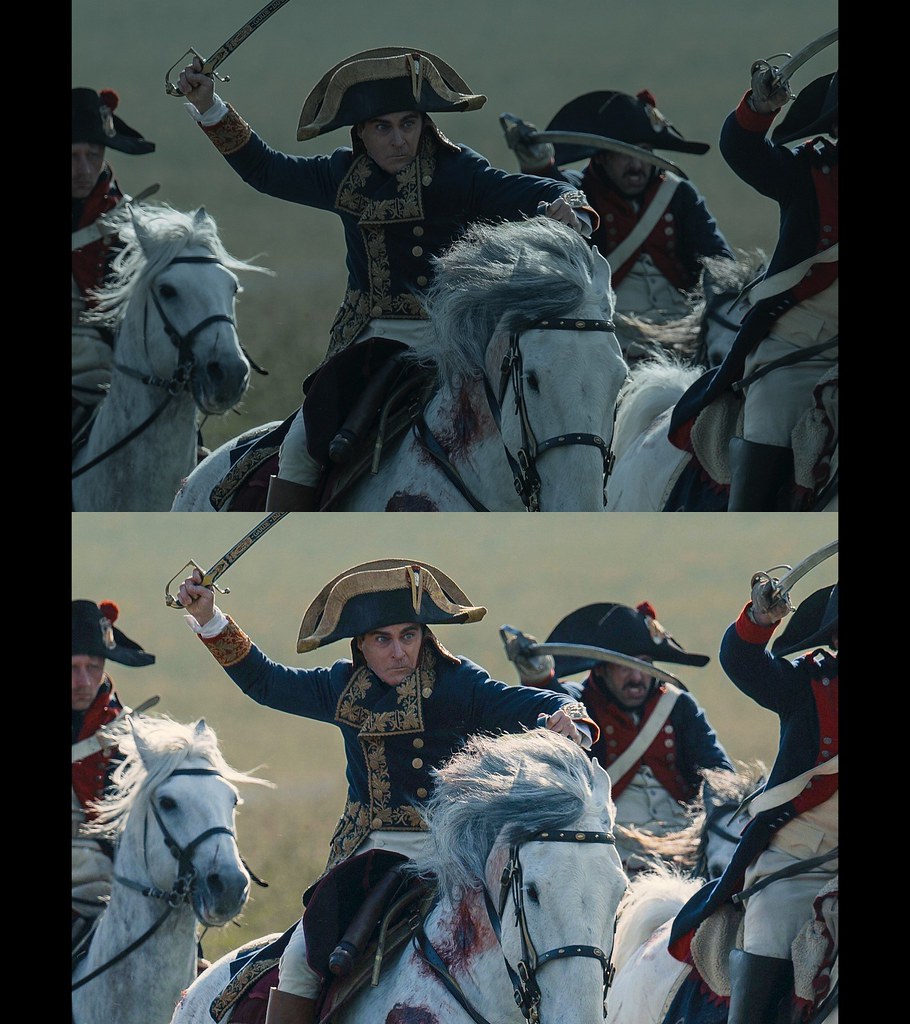^I remember in my Irish History class in Uni, the 1/3 of us who stuck through the brutal beginning period where the Prof tried to chase out students looking for an easy A ended up finding the course quite challenging, not in terms of grades, but on a philosophical level. We'd learn about Brian Boru and say "Oh, so he was the hero of his people and the English royalty were such villains..." and the Prof would firmly say "NO!" and proceed to tell us how Boru failed his people. We'd learn about the lower Irish "kings" and how they betrayed each other and made deals with Saxons or Normans and say "Ah, so they're the villains, and the English are falsely villified!"...and the Prof would say "Nope!" and proceed to tell us all the crappy things the early English lords did. And so on.
"Ah! So no one side is heroes or villains, they both had a mix of both!" we'd say. "NOPE!" came the reply. "Uh...so...people can be heroes or villains, it just depends on your point of view...is that what you're trying to say?" And the reply, "Wrong again!"
Finally, one quiet, hair in the face, post-Goth type guy in the back says one day, "The truth is, everyone is a villain." And the Prof looks out at us, Irish gleam in his eyes, and says "Now we're getting somewhere."
Growing up in the U.S., where we have a literal holiday named after Columbus and I grew up making paper cutouts of the man and celebrating his accomplishments, Ridley Scott's movie always seemed like something of a revelation. Granted, I haven't seen it in quite a while, but for me it was the first film to show a dynamic, but very flawed man. Not a hero, but a person who accomplished some amazing things, and was responsible for some horrible things. It's a softer portrayal than what's en vogue nowadays, where people are wont to call him a "genocidal moron" rather than "par for the course for anyone traveling with an army to a foreign land". But at the time, 1492 was a slap in the face to American tradition and conventional wisdom. It didn't fail because of poor production, a dull story, or being ahistorical. If anything, its myth-busting of the American explorer mythos was too challenging for the time.
I suppose this film now exists as a kind of relic, like films during the Hayes Code. You look at how they portrayed historical figures, and while some might have been challenging for the times, they don't reflect our current understanding. I can understand some reticence to praise those films. Although I think it's always good to look at the context they were made in, and to remember, if you've ever read about someone written in a history book: chances are they're a villain to someone.


